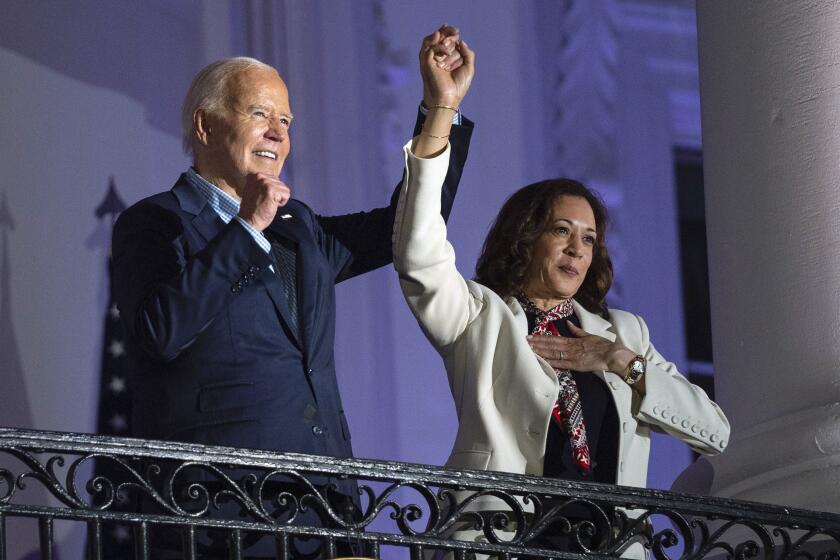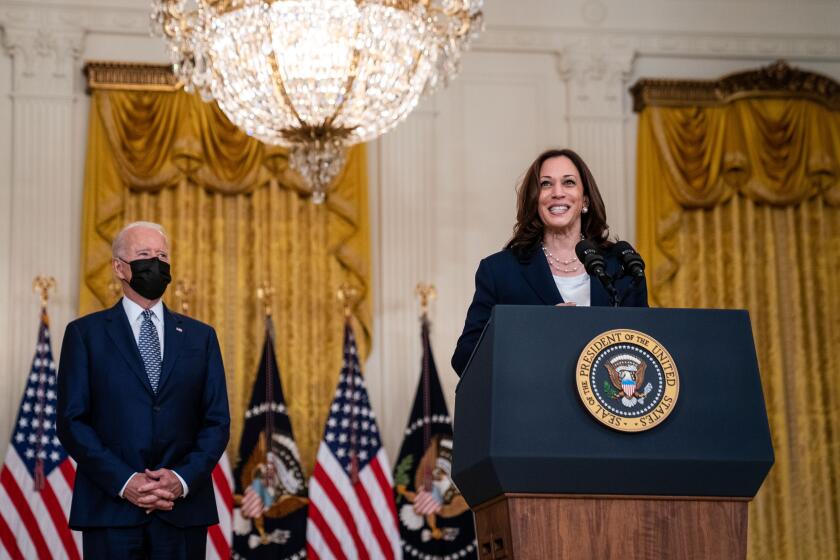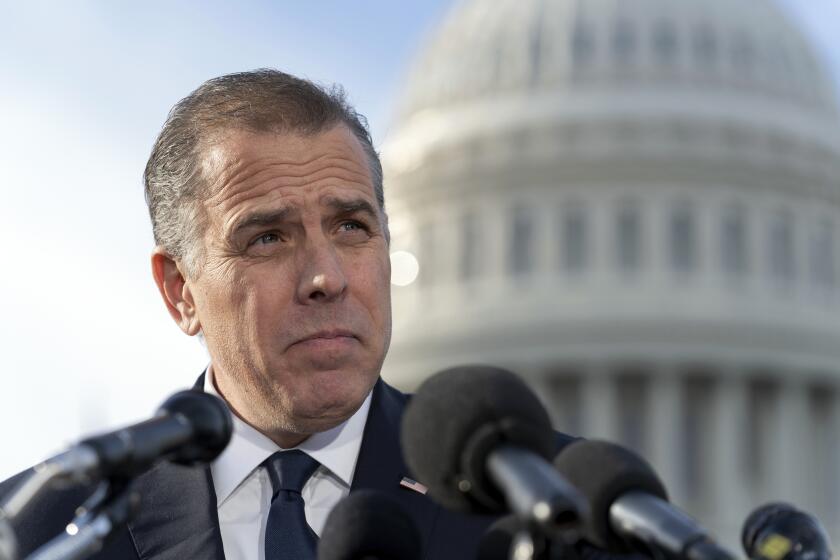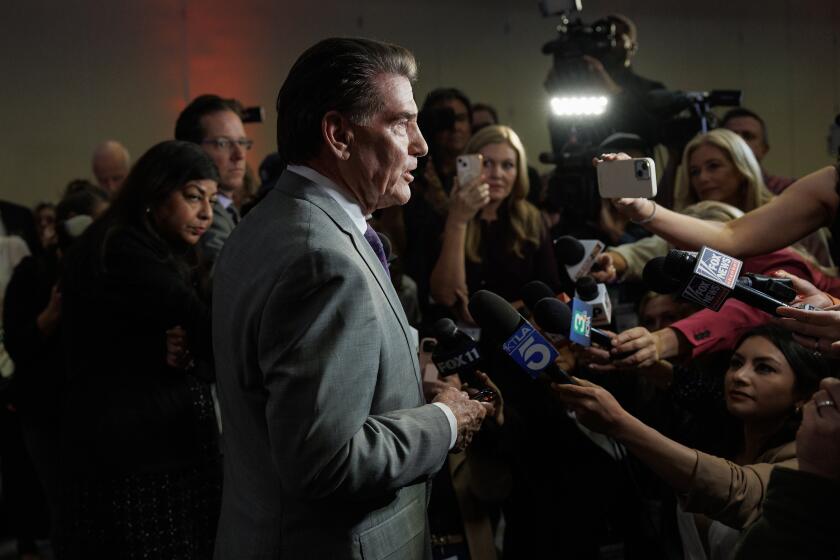Money’s Influence in Politics
By itself, the U.S. Supreme Court’s decision lifting all limits on what political-action committees may spend on behalf of presidential candidates has very limited effect. The ruling applies only to independent spending during publicly financed presidential races. But the decision underscores how difficult it is to devise a workable system to insulate politics from the corrupting influence of money without tearing holes in the First Amendment. None of the various approaches that have been tried have proved altogether satisfactory, and some have proved unconstitutional, as the Supreme Court found in the most recent case. The many proposals that have been made but not enacted seem equally unlikely and unsatisfactory. So what is to be done?
The first thing to notice about this week’s decision is that the court did not tamper with its 1976 ruling that Congress had the right to limit contributions to congressional campaigns. The court makes a distinction between contributions to a candidate, which may legally be restricted, and independent spending on behalf of a candidate, which may not be restricted without running smack into the First Amendment guarantee of freedom of speech. Frankly, this seems like a distinction without a difference. Politicians are just as beholden to people who spend money on their behalf as they are to people who make direct contributions to them. As Justice Byron R. White noted in his dissent to the 7-2 decision, “ ‘Independent’ PAC expenditures function as contributions.” But it is hard to see how the court could have ruled otherwise on the violation of free speech inherent in spending limitations.
The decision does undercut a key compromise that Congress adopted in enacting public financing of presidential campaigns--the limits on outside spending. If a presidential candidate accepts public money (President Reagan and Walter F. Mondale each received about $40 million from the U.S. Treasury last year), he has had to accept spending limitations on himself and his supporters. Should Congress ever adopt a system of public financing of congressional elections, which is regularly proposed in one form or another, it would not be able to limit additional spending by PACs.
Congress created political-action committees as a post-Watergate “reform,” but, like many reforms, PACs have been done in by the Law of Unintended Consequences. Their influence in politics is as troubling as the problems that they were supposed to solve.
Some people argue that the only way to eliminate the influence of money is to have public financing of all elections. But how would they prohibit people from spending money on their own on behalf of candidates, which the Supreme Court has just ruled is their right to do? Besides, polls show that the electorate opposes public financing of election campaigns on the ground that politicians should not be able to keep themselves in office at public expense.
There must be a better way to meet the enormous expense of campaigning, but no one has yet devised it.
More to Read
Get the L.A. Times Politics newsletter
Deeply reported insights into legislation, politics and policy from Sacramento, Washington and beyond. In your inbox three times per week.
You may occasionally receive promotional content from the Los Angeles Times.






